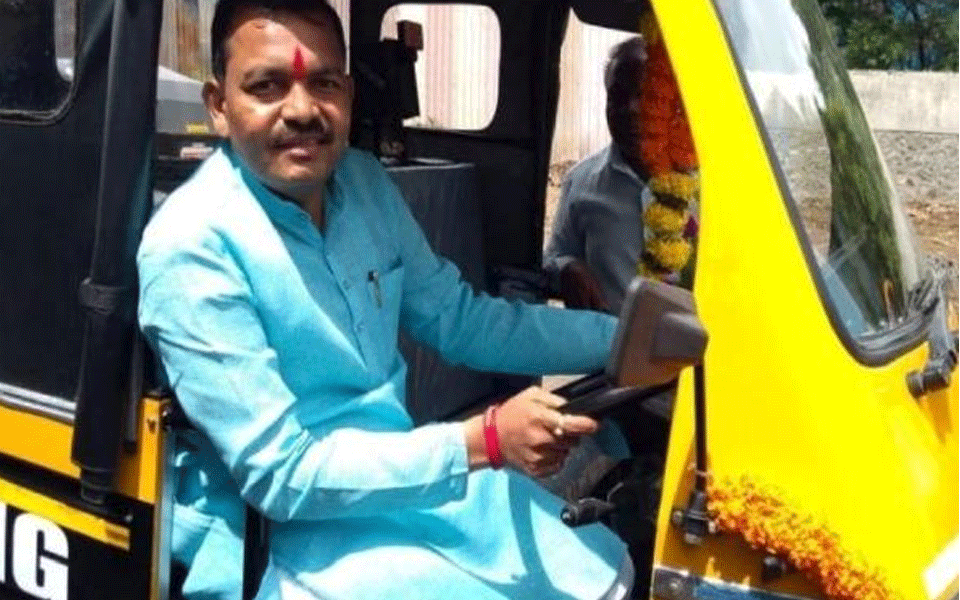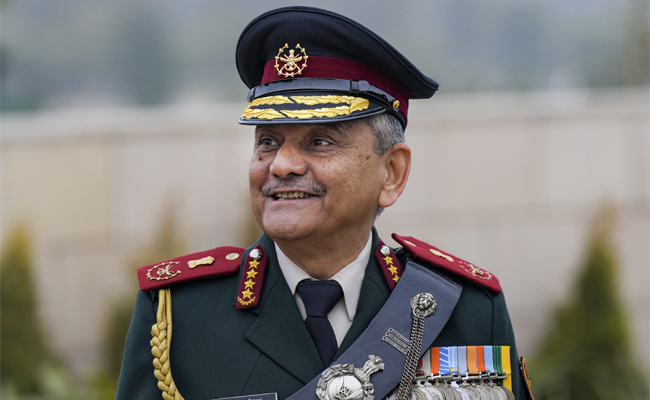Mumbai, Aug 05: The story of an autorickshaw driver-turned-mayor, Rahul Jadhav is awe-inspiring. As he was struggling to make ends meet on a salary of Rs 200 ten years ago, life drastically changed in the span of a decade. On Saturday, he was declared the mayor of the city of Pimpri-Chinchwad at the PCMC headquarters in Maharashtra, as per a report by The Indian Express.
The 36-year-old Jadhav wore an attire similar to the one of social reformer Jyotiba Phule during his appointment as the mayor. Life posed new challenges everyday ever since he dropped out of Class 10 in school. “I know the pain of ordinary people like autorickshaw drivers. During my tenure as the mayor, I will work for the upliftment of the poor,” he was quoted as saying by IE.
For five long years, Jadhav drove a six-seater auto rickshaw from 1997 to 2002 in Chikhli, Bhosari and Moshi areas. After rejecting farming as an alternative, he shifted back to driving the autorickshaw to earn his daily living. Soon after, he joined the MNS in 2007. As fate turned quickly, he was elected to the PCMC on an MNS seat.
Earlier in the 2017 civic elections, he parted ways with MNS to join the BJP and was elected from the Jadhavwadi area by a small margin of 3,000 votes, as per the report. The other NCP nominee was way behind Jadhav after the PCMC elections where the mayor was chosen unanimously. Jadhav secured 80 votes while the NCP nominee Vinod Nadhe got 33 votes.
Meanwhile, the Shiv Sena did not vote. Rahul Jadhav will serve one year as the mayor of the industrial city of Pimpri-Chinchwad. The deputy mayor Sachin Chinchwade who won with 79 votes was also a nominee from BJP. After Jadhav won, he headed to Jadhavwadi, Chikhli as supporters burst firecrackers.
Courtesy: www.timesnownews.com
Let the Truth be known. If you read VB and like VB, please be a VB Supporter and Help us deliver the Truth to one and all.
Thane (PTI): A 45-year-old man was killed, and his wife and son were injured when a portion of plaster from the ceiling collapsed in their flat in a seven-storey building in Thane on Saturday, officials said.
Chief of the Regional Disaster Management Cell, Yasin Tadvi, said the 16-year-old building is not listed in the "dangerous" category.
"The incident occurred in Karumdev Society at about 3 am. The plaster of the hall in a flat on the terrace floor suddenly fell while the occupants were asleep", he said.
Of the four people who were inside the room, two suffered minor injuries and were discharged after primary treatment, Tadvi stated.
The injured persons were identified as Arpita More (42), who suffered minor head injuries, and her son Arush More (16), who sustained injuries to both legs.
Manoj More (45), who sustained chest injuries, died during treatment at a private hospital.





